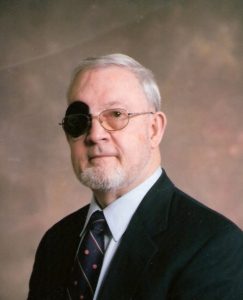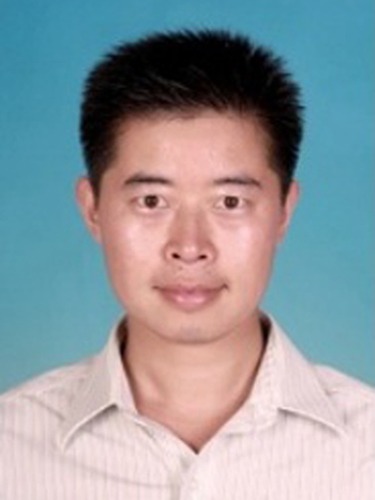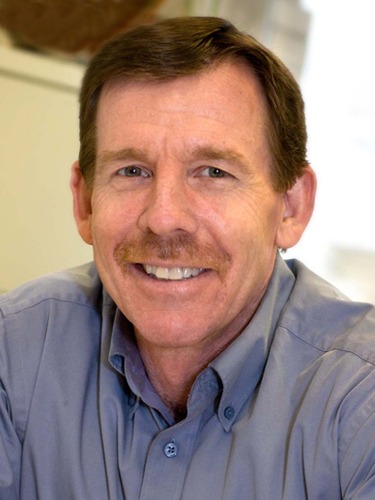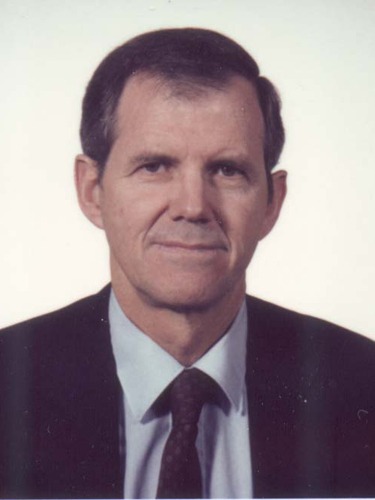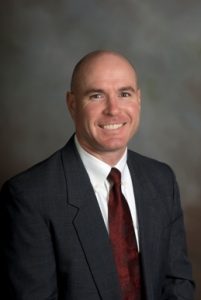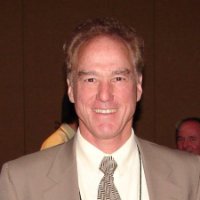Description of Jim Mitchell’s Career as of 2007
As a Professor of Civil Engineering for 35 years at the University of California, Berkeley, and for 5 years at Virginia Tech, Dr. Mitchell has taught literally thousands of undergraduate and graduate students, and has pursued research that has wrought a revolution in our understanding of the most fundamental aspects of the chemical and physical behaviour of soils. In the course of his research he has supervised more than 65 Ph.D.s, many of whom are themselves now leaders of the profession as professors and practitioners. The students he has taught, and the new technologies that have stemmed from his research, have had a profound effect on the way that geotechnical engineering is practiced today.
In addition to setting an exceptional personal example as a professor, Dr. Mitchell has advanced the field of engineering education as a Chairman of the Department of Civil Berkeley, as char of the Statewide Advisory Committee to the President of the the University of California for Planning in Engineering Education, and as a member of advisory boards for many other universities. His recent lectures on the future of geotechnical graduate education have had great influence on curricula in North and South America and in Europe.
The importance of Dr. Mitchell’s early work on compositional, physico-chemical, and soil structure phenomena in soil-water-chemical systems is perhaps nowhere more evident than in the new sub-discipline of environmental geotechnics. Applications include the design and construction of waste containment barriers, evaluation of contaminant transport, and design of unique in-situ site remediation process. Immediately after the Kettleman Hills, California, hazardous waste landfill stability failure in 1988 he was called in to initiate studies for determination of the cause. Out of this work has come an understanding of the critical issues controlling the stability of waste repositories with composite double liner systems.
As principal Investigator for the NASA Apollo Lunar Soil Mechanics Experiment on Apollo Missions 14 to 17 during 1969-72, he was responsible for design, execution, and evaluation of mission planning, astronaut activities on the surface of the moon, and post-mission analyses that provide a comprehensive understanding of the properties and engineering behavior of lunar soil. This knowledge forms the basis for both improved scientific understanding and future engineering application when lunar exploration and development resumes.
Following the 1989 Loma Prieta Earthquake in California, he was called upon to lead a study for the Mayor of San Francisco on the causes of the extensive damage to the Marina District of the city, and to recommend mitigation measures for property owners and the City to minimize losses in the future earthquakes. He then served as the chairman of a Blue Ribbon review committee to oversea a broader study of several other sections of San Francisco that experienced ground liquefaction during the earthquake.
Dr. Mitchell has been active as a consultant on special geotechnical projects and problems nationally and internationally. many consulting assignments in recent years have been on the application of ground stabilization, improvement, and reinforcement for dams and other infrastructure, especially for seismic safety. These include the Jebba Hydroelectric Development in Nigeria, which was one of the largest foundation improvement projects ever undertaken, and the seismic strengthening of foundations for several existing U.S. Army Corps of Engineers and Bureau of Reclamation dams. In 1998 he was chosen by the Federal Interagency Committee on Dam Safety to prepare the fourth video set (the first three were NAE members Ralph B. Peck, Don U. Deere, and John Lowe, III) on special aspects of dam safety as a permanent legacy of the expertise and contributions.
Throughout his career, Dr. Mitchell has given selflessly to the engineering profession through his service on professional boards and committees, and as an officer in local, state, national, and international professional societies. His curriculum vitae lists more than 50 significant service roles in which he has served, including boards and committees for the American Society of Civil Engineers, the Geo-Institute, the International Society for Soil Mechanics and Geotechnical Engineering, the Federal Highway Administration, the Canadian Geotechnical Society, the Department of Energy, the national Aeronautics and Space Administration, the National Science Foundation, the Transportation Research Board, the national Research Council, and the National Academy of Engineering, among others.
Most recently, Dr. Mitchell has served as a key member of the American Society of Civil Engineers External Review Panel for the Interagency Performance Evaluation Team investigating the causes of failures of the flood protection system in New Orleans during Hurricane Katrina. From November 2005 through February 2007 he devoted many weeks of this time to ensure that the investigation was thorough, rigorous, and efficient. For his role in this work, he was awarded the Outstanding Civilian Service Medal by the U.S. Army Corps of Engineers.
In both quality and scope, Dr. Mitchell’s achievements and accomplishments exemplify perfectly the ideas that the Founder’ s Award honors – advancing the scientific basis for engineering methods, advancing the state of engineering practice through teaching and example, and advancing the profession of engineering through selfless devotion of time and talent.
